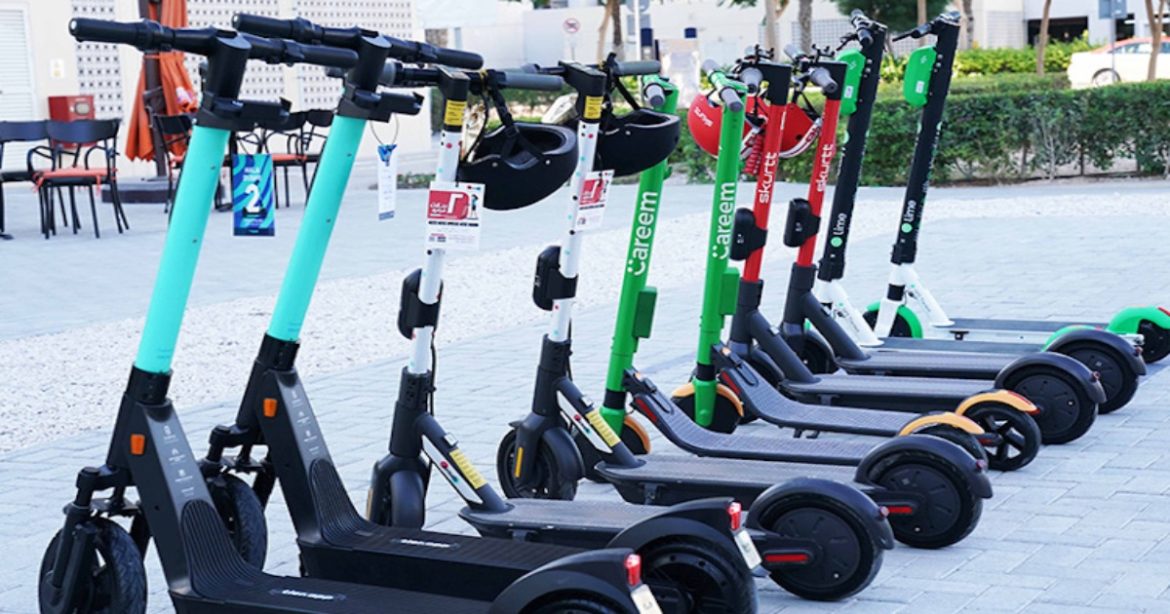E-Scooters Banned on Dubai Public Transport Due to Safety Concerns
Dubai's Roads and Transport Authority (RTA) has implemented a ban on electric scooters (e-scooters) inside the city's metro and tram system, effective March 1, 2024. The decision, announced late on February 29, caught many e-scooter users by surprise, leaving some stranded at stations as they were forced to abandon their rides.
The RTA emphasized passenger safety as the primary reason for the ban. In a statement, the authority cited the "potential of catching fire" as a concern with e-scooters in the enclosed environment of the metro and tram carriages. The statement further explained that the ban would remain in place "until further notice while it reviews the safety regulations."
The announcement sparked confusion among e-scooter users who rely on them for last-mile connectivity after using the metro or tram. However, the RTA clarified that non-electric scooters and foldable bicycles without batteries are still permitted on board, provided they are folded and stored in designated luggage spaces within the trains.
The ban has drawn mixed reactions from commuters. While some expressed understanding regarding potential safety hazards, others questioned the timing of the announcement and the lack of alternative solutions for e-scooter users. Some commuters suggested designated areas within stations for secure parking of e-scooters, while others called for clearer communication from the RTA in the future.
The RTA's decision reflects a growing global concern regarding the safety of e-scooters, particularly in relation to battery-related fires. Several cities worldwide have implemented restrictions on e-scooter use in public spaces, citing similar concerns.
The development also highlights the ongoing challenge of integrating new modes of transportation, like e-scooters, into existing public transport infrastructure. As e-scooter use continues to rise in Dubai and other cities, finding solutions to ensure both convenience and safety for all commuters will be a priority for transportation authorities.


Join the conversation